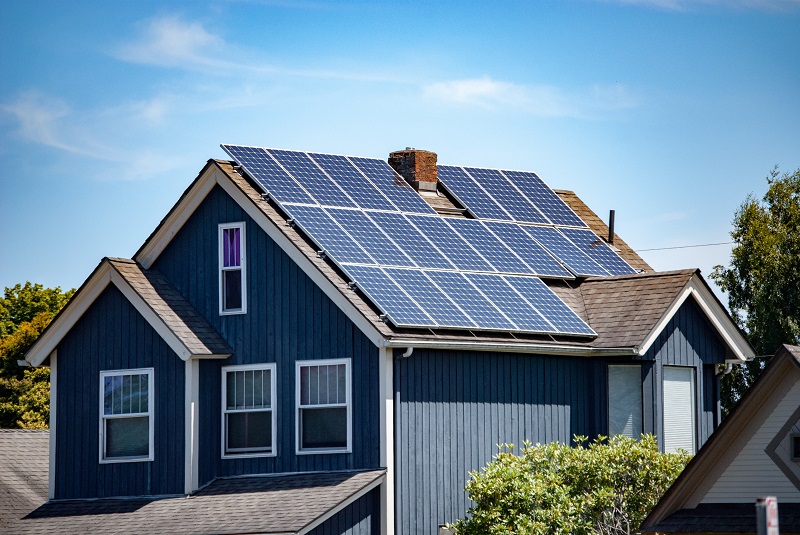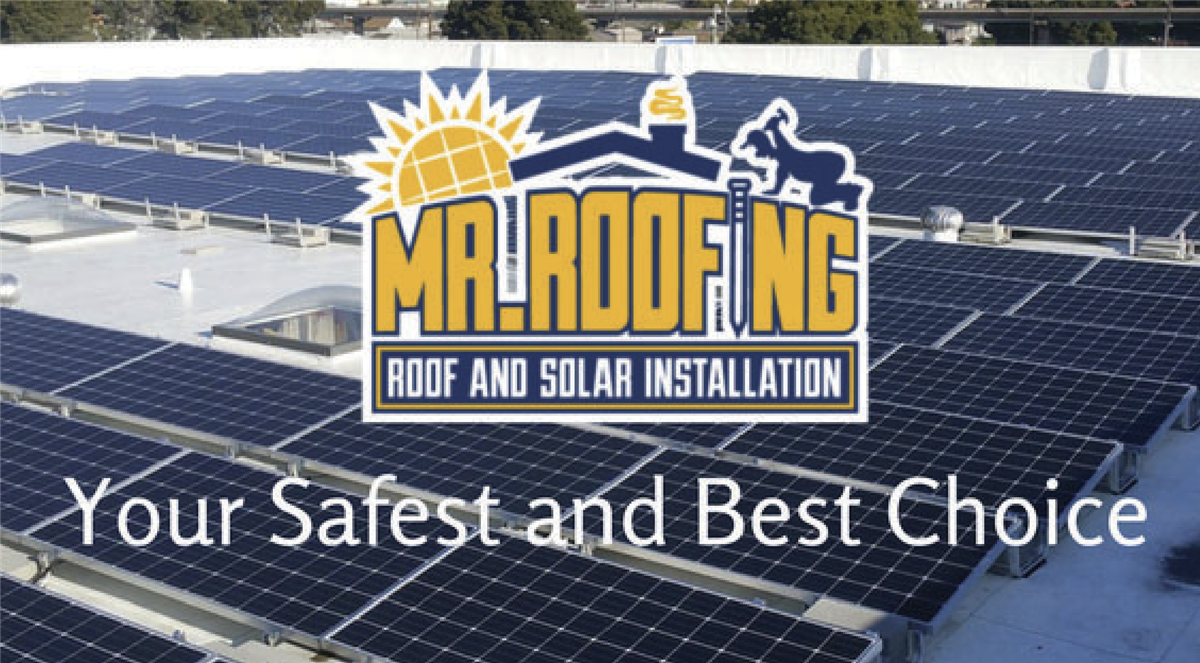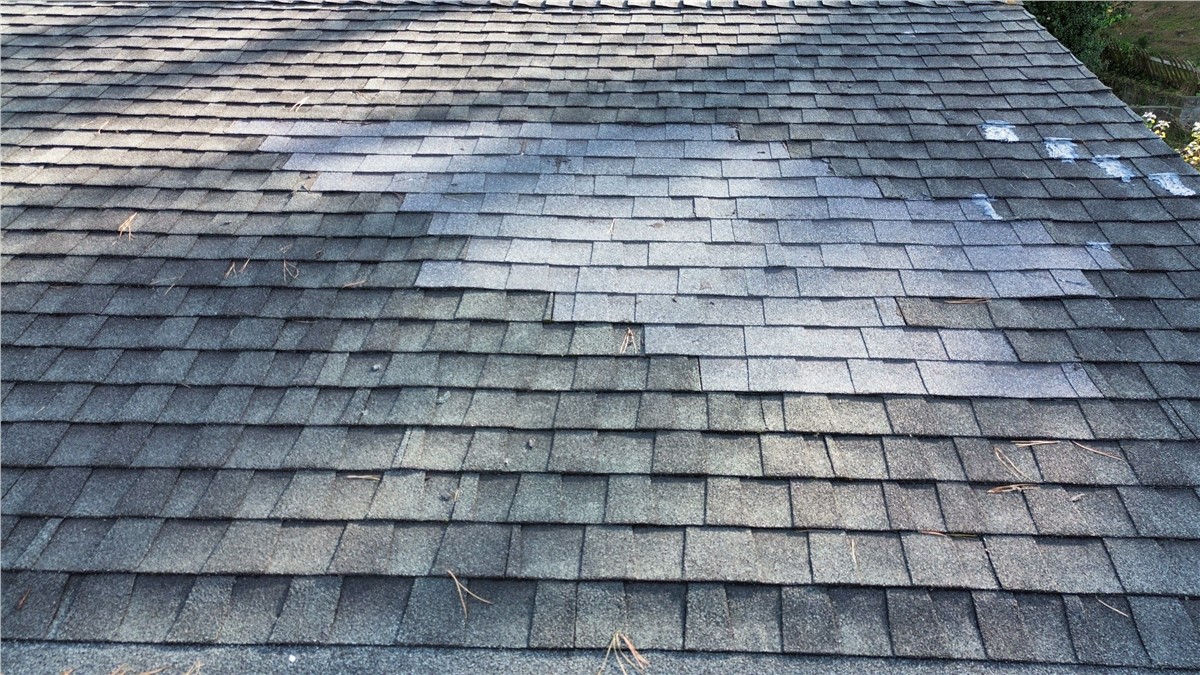
With solar power becoming a requirement in California, one of the first questions Bay Area homeowners ask is, “How many solar panels do I need for my home?”
The short answer is, it depends. But before we dig into that, let’s take a moment to talk about why solar power is one of the best investments you can make for your home.
Solar energy is a vast resource that can be used for any of our regular power needs, whether it be cooking, heating water, lighting, or transportation. It is pure energy, and we receive so much of it that a tiny fraction of it could take care of all our needs. In a single hour, the sun provides more (mostly unused) power than the entire world consumes in a year.
Even our other forms of energy are sourced indirectly from solar power: wind, hydro, and even fossil fuels are sources of energy that ultimately derive their power from the sun. As a collective society, we should be looking at fossil fuels mainly as emergency-use, alternative energy forms. They are our energy “savings account,” while solar is our primary income that we have simply been throwing away.
As we continue to improve our efficiency, materials, and storage, it’s becoming more of a “no-brainer” to tap into the abundant supply of energy that is literally falling on us.
Besides being a great choice on principle, many homeowners choose solar power because it makes economic sense. For those that own their solar systems, an immediate increase in home value coupled with a huge decrease in their utility bill makes it a wise investment. But even those leasing their systems benefit, as their savings in energy costs significantly outstrip the price of their lease.
Let’s jump back into the original question.
How Many Solar Panels Do I Need?
On average, homeowners in the Bay Area use systems around 5kW in size, which can be expected to save them more than $40,000 over 20 years, but there are a lot of factors involved to determine what’s appropriate for your home.How Much Power Do You Use?
Your power bill provides the first step in assessing just how much solar you need, shown as kWh (kilowatt hours) per month and day. A high-end user might go through 900 kWh of juice during a typical month. Dividing that number by 30 (days of the month) gives us an average daily use of 30 kWh. A typical 250-watt solar panel that receives four hours of direct light produces around 1 kWh per day, giving us a 1-to-1 estimate of needing 30 solar panels.
It’s best to base the estimate on a power bill since power usage can vary so widely from one household to another. Consider two similar homes in the same area, both 2,000 square feet and built to similar levels of efficiency. When making a ballpark estimate, we generally start with an average of 2 watts per square foot. That means a 2,000-square-foot home typically needs for a 4,000-watt system, which requires 12–18 solar panels (depending on the type of solar cell used). But even if the homes themselves are identical, their power usage could be significantly different.
Assume a young couple lives in the first house, both working long hours at the office. Perhaps they spend many evenings out, and the appliances they use the most are energy efficient. As a result, their power bill is low, only $60–70 per month.
However, a family of four living in the same house could have significantly different power needs. Perhaps one of the parents stays home, so the HVAC system is running all day. The kids constantly use electronic devices. Power-hungry appliances in the kitchen and laundry room are used more frequently, with more TVs and lights on over the course of a day. Their usage will almost certainly result in power bills in excess of $300.
Even if the two homes were theoretically using the same amount of electricity, they may still have different needs for solar panels. One home may have better solar exposure or receive less shade.
Solar Panels in South San Francisco
Whether your household needs a lot of power or only a modest supply, solar can meet that need. While the above information can help give you an idea of your needs, getting a professional, free consultation from Mr. Roofing will likely save you money.Tags
Subscribe to Mr. Roofing's Blog







Comments